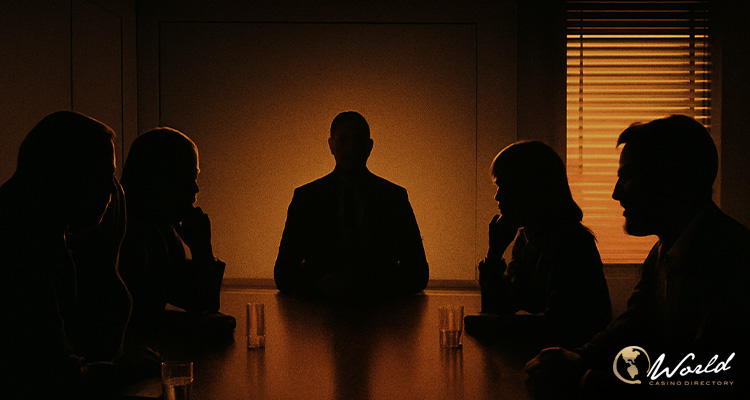Ainsworth Game Technology has addressed mounting concerns from investors over its failure to disclose that CEO Harald Neumann has been under criminal investigation in Austria since 2019. The company explained that it sought legal counsel and determined that the nature of the investigation was too preliminary and indefinite to require disclosure to the Australian Securities Exchange (ASX) at the time.
Ainsworth board justifies silence on ongoing CEO investigation:
The issue, which has sparked discontent among minority shareholders, relates to a long-running Austrian corruption probe involving Neumann’s previous role as CEO of Novomatic AG. Ainsworth acknowledged it became aware of the matter in 2019, when Neumann was serving as a non-executive director, but claimed it fulfilled all regulatory obligations through updates to gaming authorities in relevant jurisdictions.
“The Ainsworth board advises that it considered the matter and the company’s continuous disclosure obligations at that time, and after obtaining legal advice, determined that no ASX announcement was required,” the company stated.
According to Ainsworth, its Regulatory Compliance Committee had evaluated the case before Neumann was promoted to CEO in 2021. He underwent a full probity assessment and currently holds licenses in over 100 jurisdictions, all of which were informed of the investigations.
The controversy comes at a sensitive time, with Novomatic—Ainsworth’s majority shareholder, preparing for a full acquisition. In April, Novomatic offered AU$ 158.6 million to buy the remaining 47.1% of Ainsworth shares it doesn’t yet own, valuing each share at AU$ 1.00. The deal is subject to shareholder approval, expected in August 2025.
The timing of the criminal probe’s emergence in Australian media has fueled debate among shareholders, particularly as it coincides with this impending vote. Some critics, including smaller institutional investors such as Spheria Asset Management and Kanen Wealth Management, argue that the share price has been artificially suppressed and allege a lack of transparency by the board.
Adding to the resistance is Kjerulf Ainsworth, son of company founder Len Ainsworth and the second-largest shareholder with a 12% stake. He and his mother are actively campaigning against the takeover. “We’ve got money to go and throw some serious punches,” Kjerulf told local media. “It’s hard not to be motivated if you see two- or three-dozen shareholders all getting stiffed.”
Austrian investigations rooted in political scandal:
The probe into Neumann stems from a broader corruption investigation launched in 2019 by Austria’s Economic and Corruption Prosecutor’s Office (WKStA). The investigation was part of the fallout from the high-profile “Ibiza affair,” which led to the resignation of Austria’s former far-right vice chancellor, Heinz-Christian Strache. The scandal revealed alleged exchanges of political favors for campaign support.
Authorities have investigated over 100 individuals and associates, including executives at Novomatic, over claims involving bribery, breaches of trust, and efforts to influence gaming legislation through strategic board appointments, particularly at Casinos Austria, a partially state-owned operator.
Ainsworth maintains that nearly all probes involving Neumann and Novomatic have been dismissed with no findings of misconduct. Only one investigation remains open, which the company says is nearing its conclusion.
“Based on information from WKStA, we are advised that all (except for one) of the investigations involving Mr. Neumann and/or Novomatic AG have been discontinued … with no findings of wrongdoing,” the company said, as reported by AFR.
The remaining probe reportedly centers on Neumann’s alleged attempts to shape regulatory outcomes in Novomatic’s favor, including influencing a board appointment that could support law changes beneficial to the company. Ainsworth has emphasized that Austrian regulators are expected to rule similarly on the final case, and that full transparency has been maintained with its own board and global licensing bodies.
While the board stands by its decision to remain silent until now, critics say the lack of upfront disclosure undermines shareholder trust, especially as control of the company hangs in the balance.


